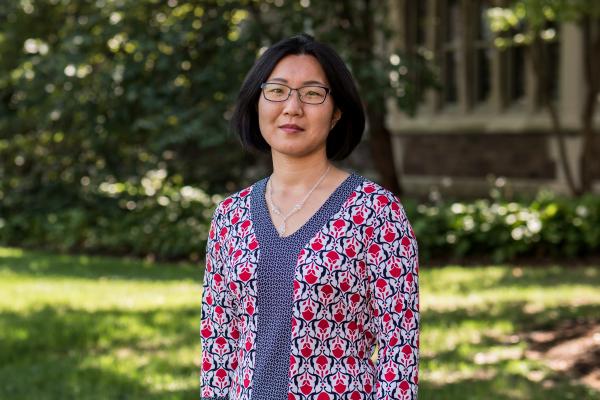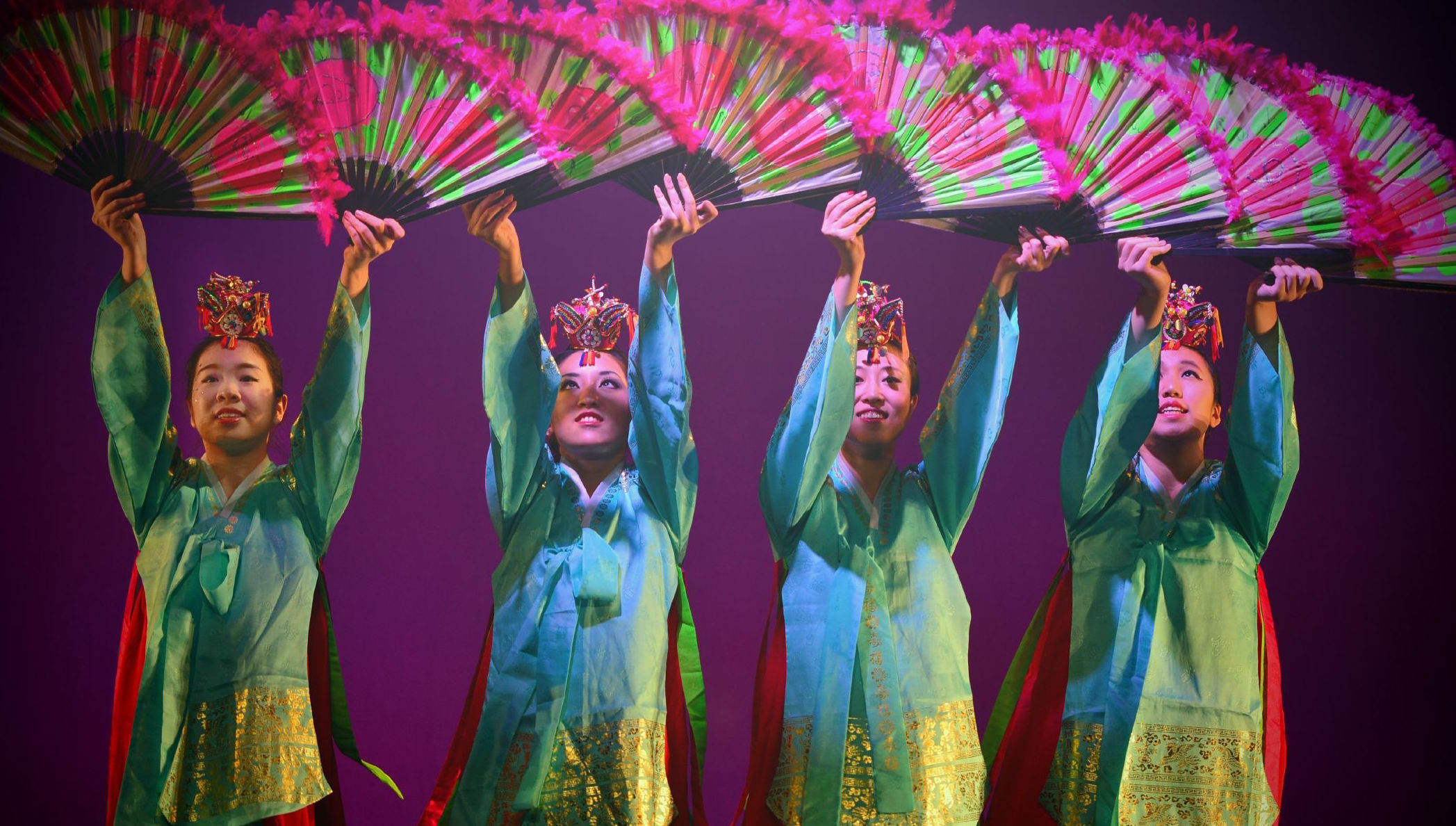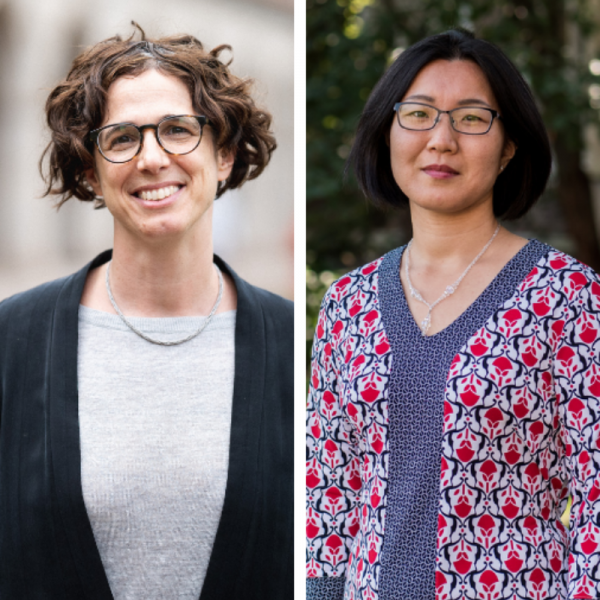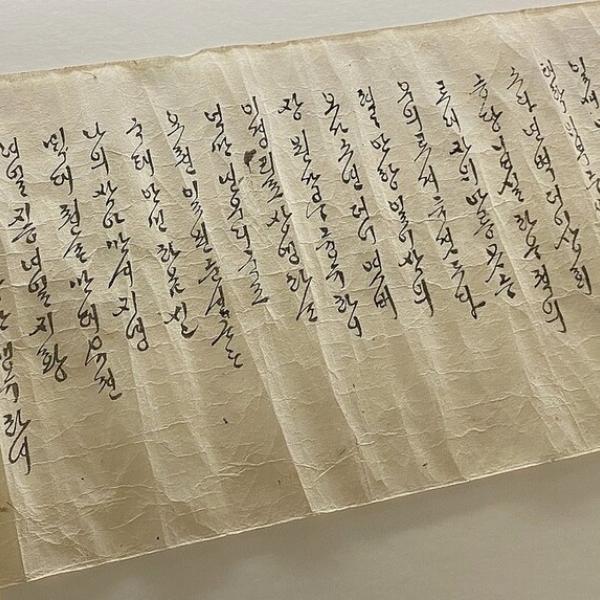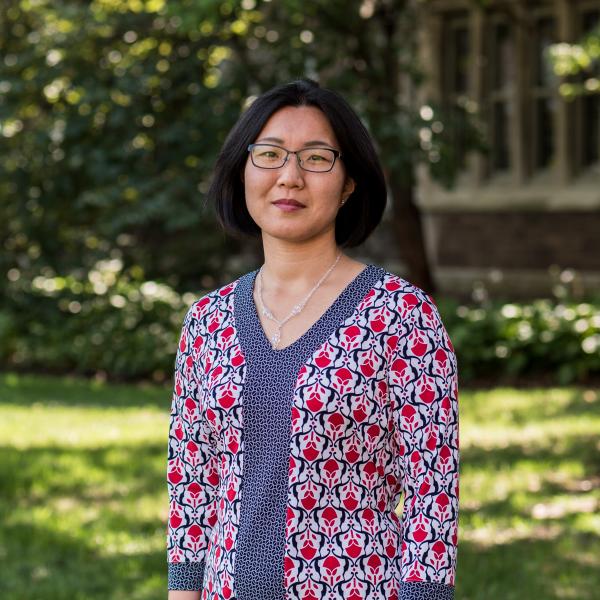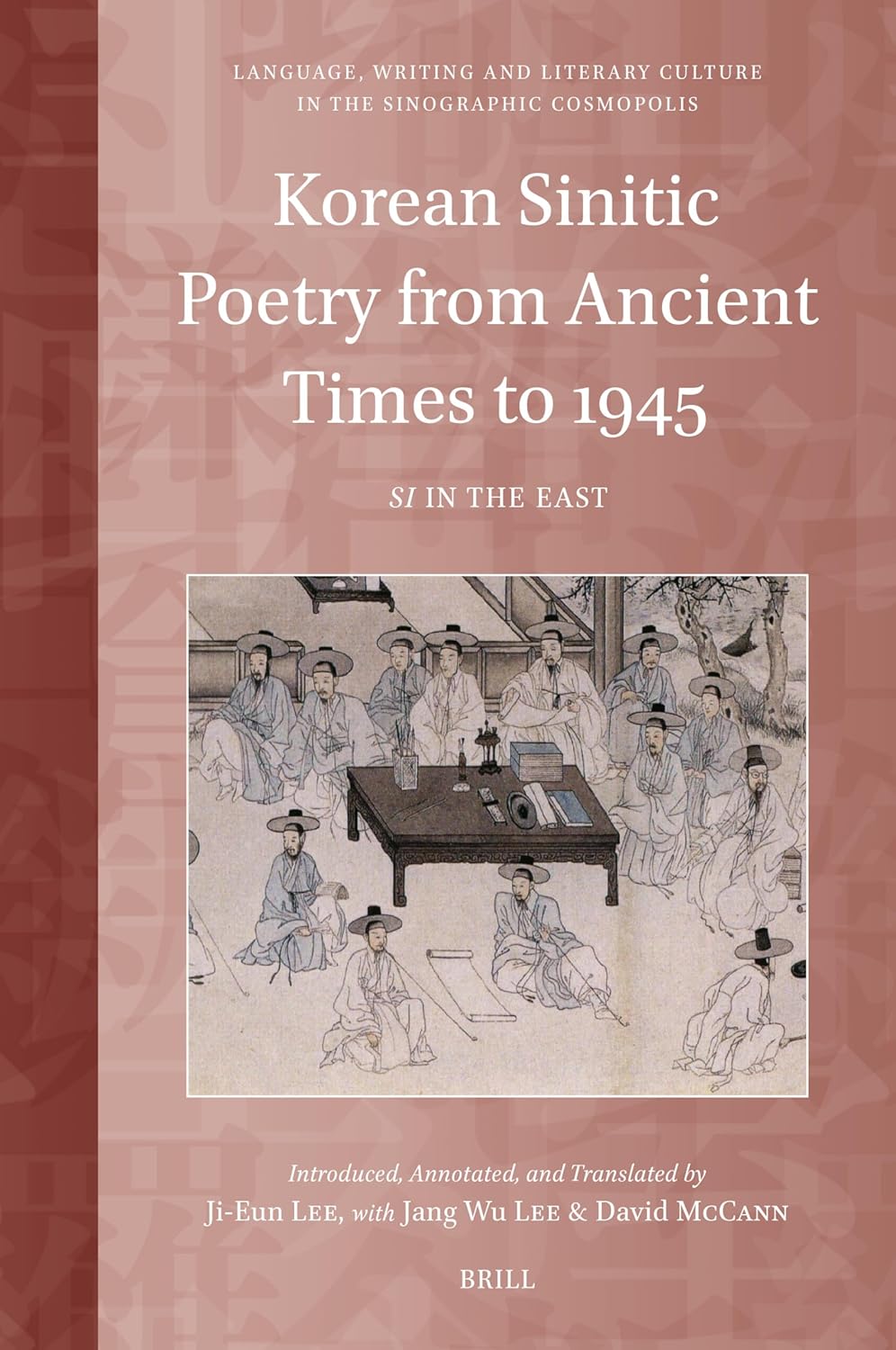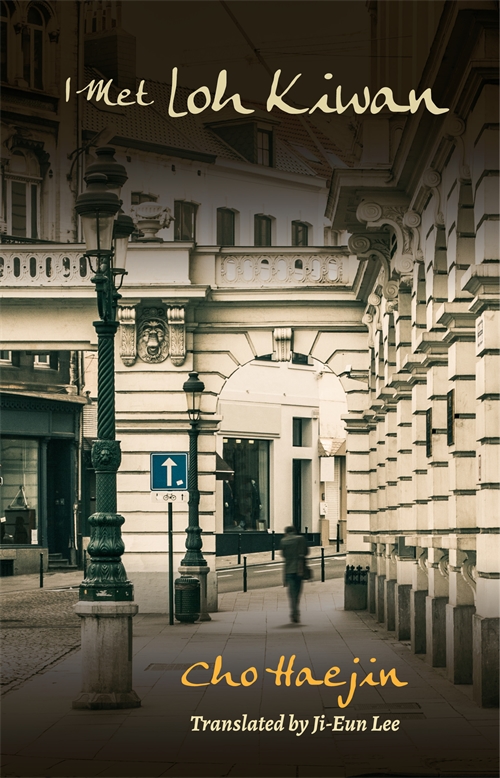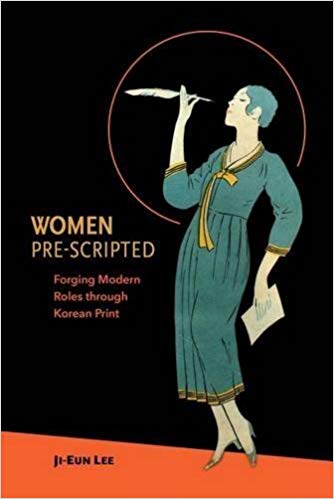Professor Lee's research and teaching focus on Korean literature and civilization. She is working on two writing projects: a book-length study on memory and space in post-Cold War Korean literature; and domesticity and travels by Colonial Korean woman writers.
As a scholar of Korean literature with a comparative background, Ji-Eun Lee’s overall research interest covers from the nineteenth century to contemporary times, with topics including women and gender, print culture and book history, memory and post-memory, and travel and domesticity. She uses literary, cinematic, visual, and journalistic materials, and engages both historical approaches and close readings of primary sources to examine production of textual and visual arts in Korea, and to reexamine them in a transnational context.
Professor Lee’s book Women Pre-scripted: Forging Modern Roles through Korean Print (University of Hawai’i Press, 2015) offers an in-depth analysis of conflicting discourses on modern woman as Korea went through transformations driven both by domestic and outside forces. She examines how “woman,” as an ambivalent symbol of both progress and backwardness, was constructed and remolded according to changing ideals and challenges of modernity during one of the most turbulent times in Korean history. That study, her first inquiry into a relationship among gender, print media, colonialism, and modernity, now motivates a more focused exploration of domesticity, the first of two main research projects she is pursuing now. In that early-twentieth century era of massive migration and uprooting, how was “home” understood among Korean women? How did it variously manifest as geographical specificity, as physical structure, and as attachments to hometown and homeland in the context of changing circumstances within and outside Korea? In the future she plans to apply resources and techniques in digital humanities, including digital cartography, to this research.
Her other main project uses theories of memory and post-memory as lenses for studying more recent South Korean literature. Focusing on works from after the end of South Korea’s authoritarian regimes in 1987 and the fall of the Berlin Wall in 1989, this project examines the disappearance of master narratives in the late 20th and early 21st century in works by Ch’oe Yun (b.1953) and other major authors. It also explores the reappearance of history in recent years (in Human Acts by Han Kang, for example), but this time as embodied memory rather than as indicative fact or as objective chronology of cause and consequence.
In conjunction with these two research trajectories, Professor Lee also promotes translation of Korean literature into English, both as editor of an Anthology of Korean hansi (poetry in Classical Chinese), a Korean literature anthology, and as translator, including short stories, poetry, and most recently the award-winning Korean novel I Met Loh Kiwan by Haejin Cho (University of Hawai’i Press, 2019).

